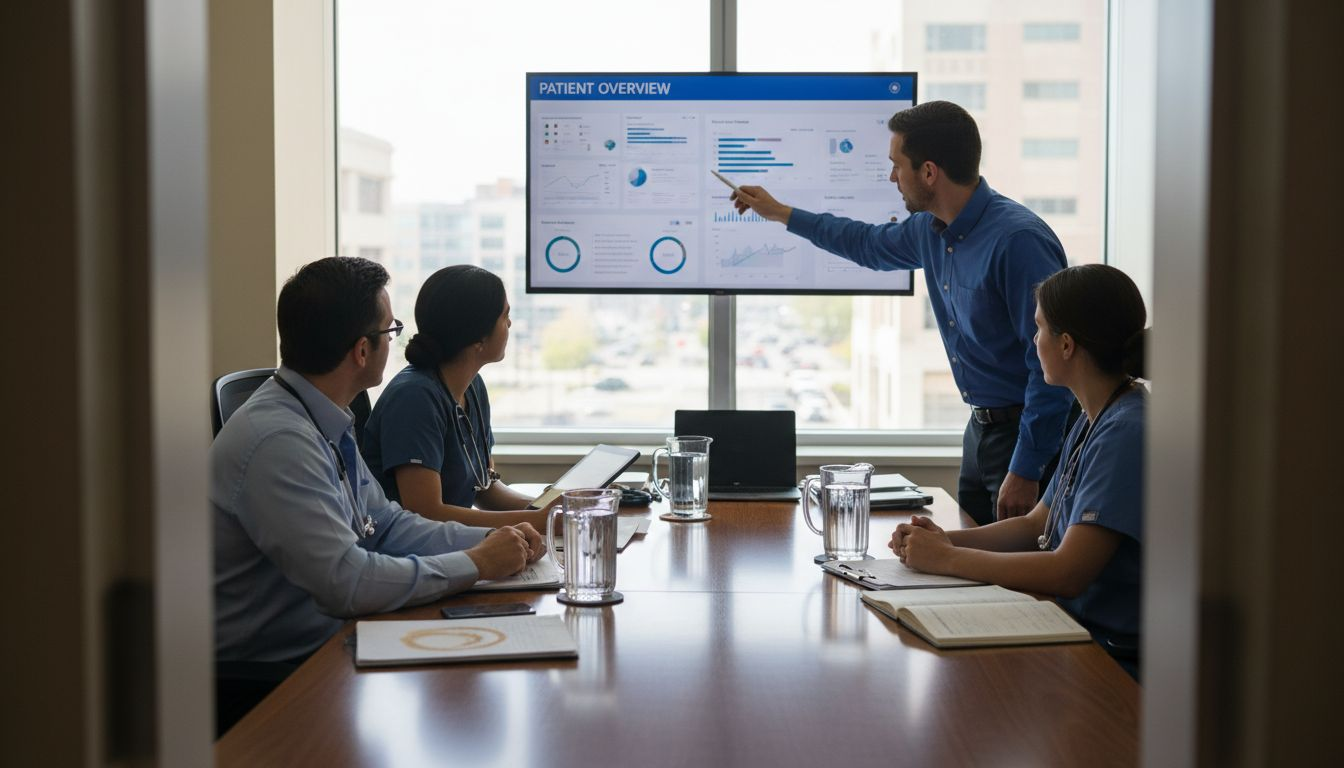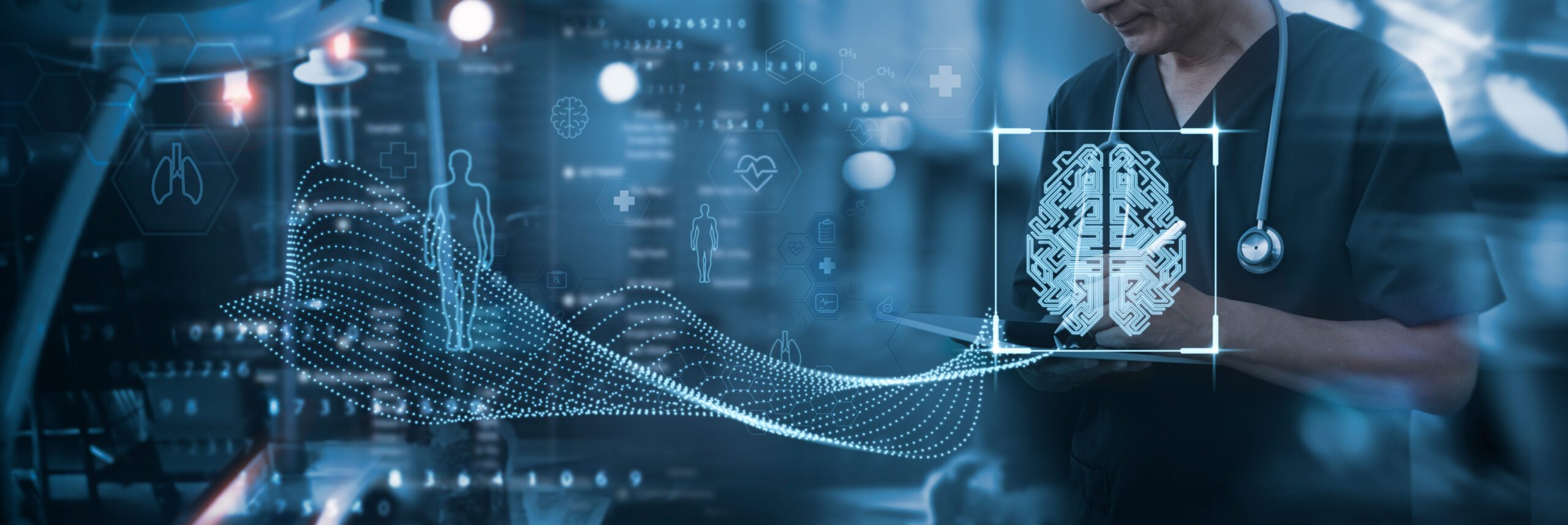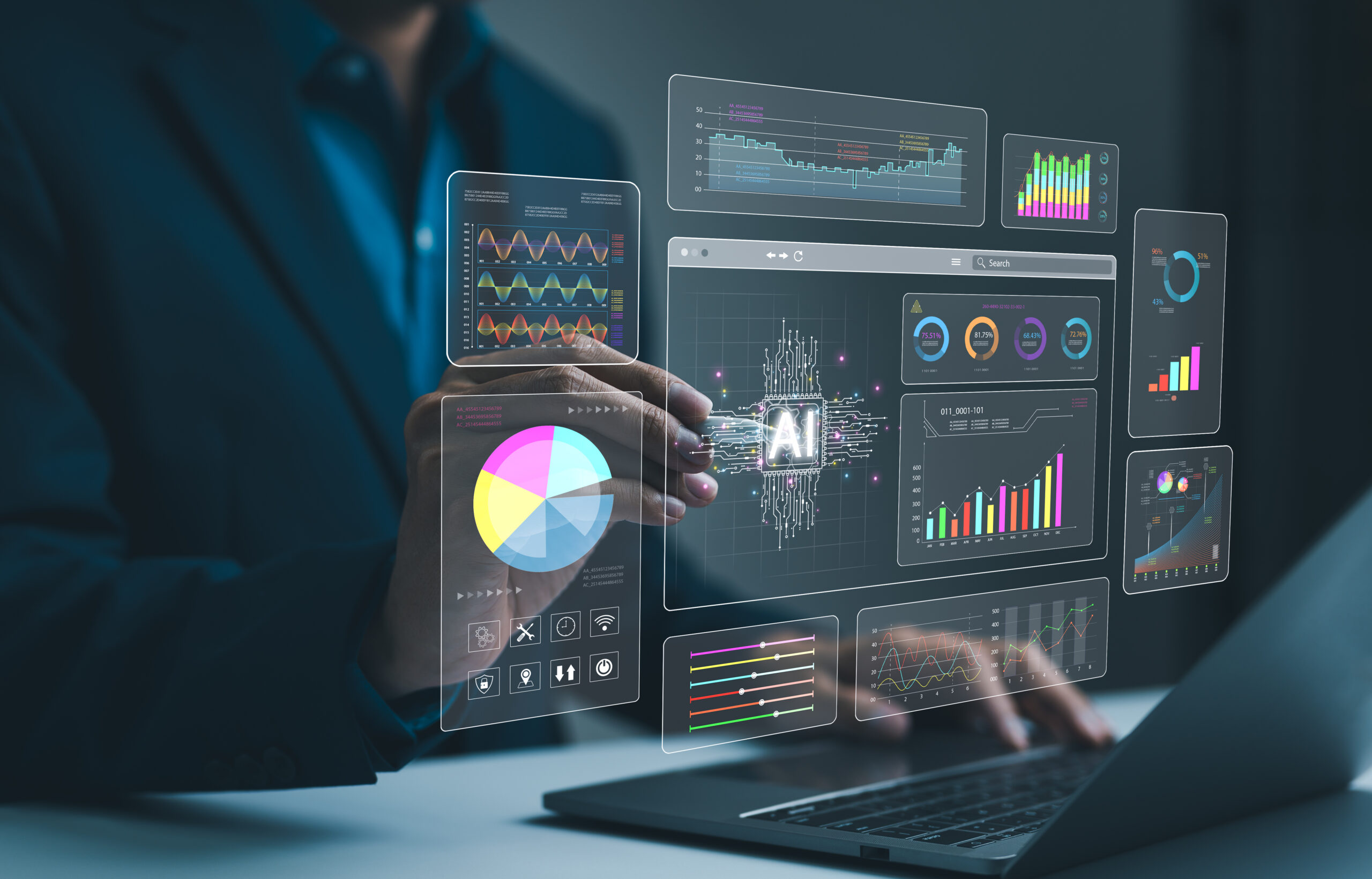Choosing between ERP (Enterprise Resource Planning) and CRM (Customer Relationship Management) can feel overwhelming for businesses looking to streamline operations or improve customer interactions. Both systems offer unique functionalities and benefits. However they serve distinct purposes within a business environment. This guide explores ERP vs CRM their differences potential drawbacks and how to decide which one suits your needs best.
What is ERP?
ERP is a software solution designed to integrate and streamline various business processes like finance supply chain management inventory and human resources into one unified system.
Benefits of ERP Systems:
- Centralized data management
- Improved operational efficiency
- Automated workflows
Potential Drawbacks:
- High implementation costs
- Lengthy integration periods
- Requires ongoing maintenance
According to Tamer Badr owner of Singleclic “ERP systems are the backbone of operational excellence but they need thorough planning before implementation to avoid unexpected costs.”
For more details on ERP solutions check out Singleclic’s ERP Services.
What is CRM?
CRM software focuses on managing customer relationships optimizing sales and marketing processes and enhancing customer service.
Benefits of CRM Systems:
- Improved customer communication
- Enhanced lead tracking and nurturing
- Increased customer retention
Potential Drawbacks:
- Limited operational capabilities (compared to ERP)
- Can become cluttered without regular updates
- Overreliance on CRM may hinder manual customer engagement
As Tamer Badr explains “CRM tools are essential for building stronger relationships with customers but they should complement human efforts not replace them.”
Explore Singleclic’s CRM Services to see how CRM can empower your business.
Key Differences Between ERP and CRM
Here’s a quick breakdown of how ERP and CRM differ:
- Primary Purpose:
- ERP integrates internal operations across departments
- CRM enhances customer-facing processes
- Core Users:
- ERP is used by HR finance and supply chain teams
- CRM benefits sales and customer support staff
- Data Focus:
- ERP focuses on operational data like inventory and payroll
- CRM focuses on customer data like purchase history and feedback
People Are Always Asking
Do I need both ERP and CRM?
Many businesses wonder if they should implement both systems. If your company requires both operational integration and customer relationship management the answer is often yes.
Can I combine ERP and CRM?
Yes many modern ERP systems offer CRM functionalities and vice versa. However standalone systems often offer deeper functionalities in their respective domains.
Which is more cost-effective?
It depends on your needs. ERP systems tend to have higher upfront costs while CRM systems are generally more affordable and quicker to implement.
How to Choose Between ERP and CRM
- Assess Your Business Needs
- Are you struggling with operational inefficiencies? ERP might be your solution
- Is customer management your primary pain point? CRM could be the answer
- Budget Considerations
- ERP systems usually have higher upfront costs
- CRM systems are more budget-friendly for small businesses
- Scalability and Growth
- ERP is ideal for large organizations or those expecting rapid growth
- CRM works well for startups and medium-sized businesses
- Integration Requirements
- Consider systems that integrate seamlessly with your existing software
Real Customer Reviews
ERP:
- “Our ERP system streamlined our supply chain and saved us thousands annually. Implementation was tough but worth it.” – Jessica K Operations Manager
CRM:
- “CRM software helped us improve our customer retention rates by 20% in just one year!” – Michael R Sales Director
FAQs
Q: Can ERP handle customer relationships?
A: Yes but not as effectively as CRM which is specifically designed for customer management.
Q: Is CRM good for tracking inventory?
A: CRM systems lack the robust operational features needed for inventory management which is where ERP excels.
Q: How long does it take to implement ERP?
A: ERP implementation can take anywhere from 6 months to a year depending on the system’s complexity.
To learn more about these systems visit these pages:
Expert Insights from Tamer Badr
“Businesses often think they need to choose between ERP and CRM but the reality is they complement each other. With the right implementation strategy you can harness the power of both for comprehensive business growth” says Tamer Badr.
Final Thoughts
Both ERP and CRM have unique advantages and drawbacks. While ERP focuses on operational efficiency CRM enhances customer engagement. The choice ultimately depends on your business priorities budget and long-term goals.
For tailored advice consider consulting with professionals like Singleclic to determine the best solution for your company.









